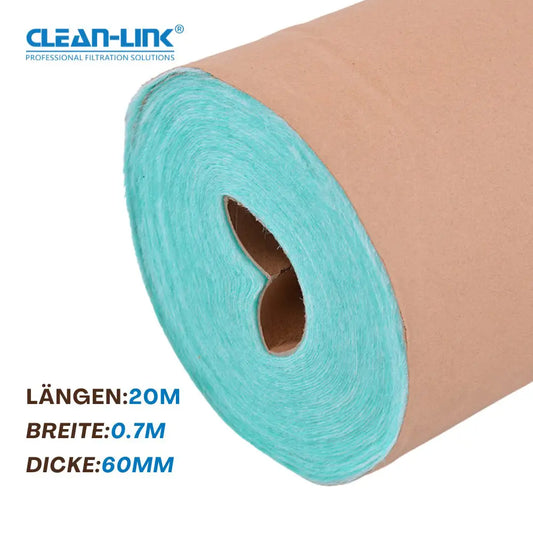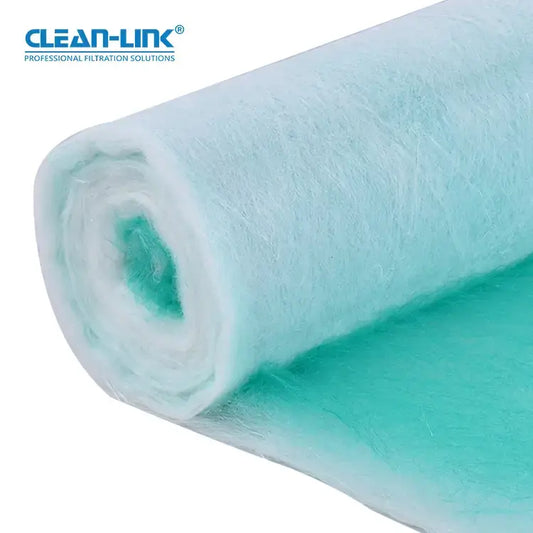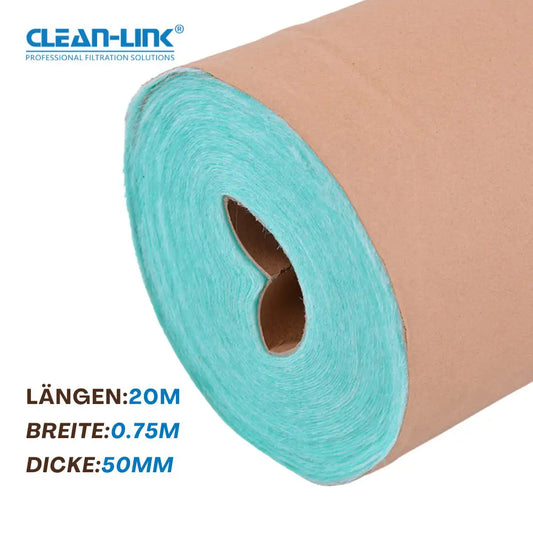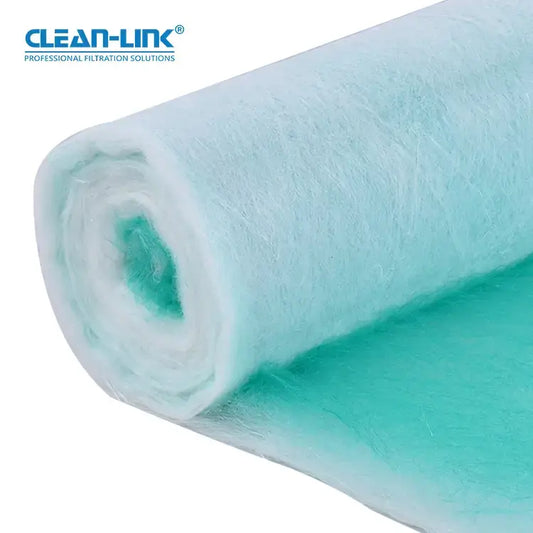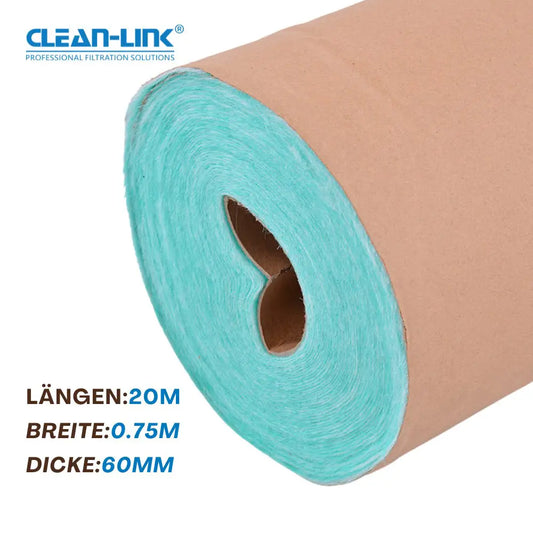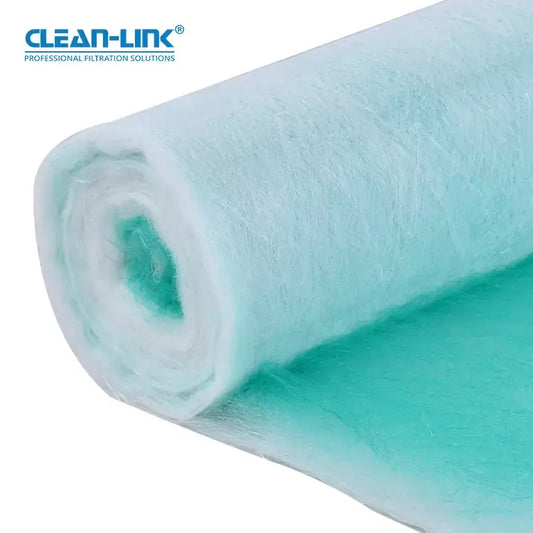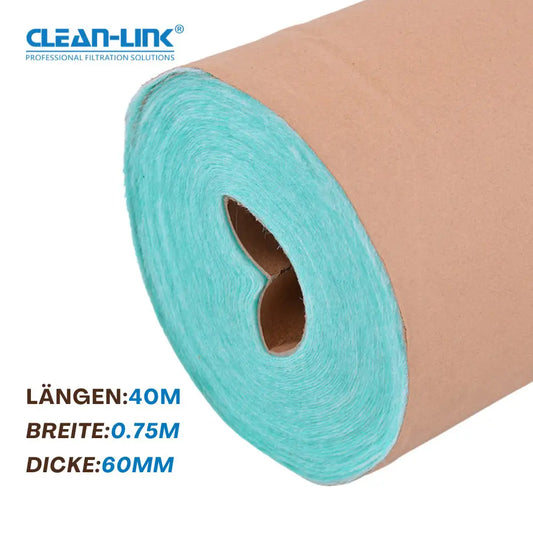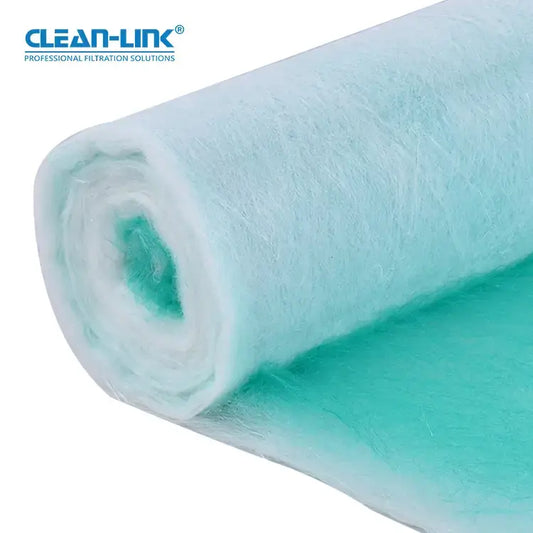When choosing an air filter, whether for residential, commercial, or industrial applications, several factors should be considered to ensure optimal air quality and system efficiency. Here's a comprehensive list of factors to consider:
1. Filter Efficiency
- MERV Rating (Minimum Efficiency Reporting Value): This rating indicates the filter's ability to capture larger particles between 0.3 and 10 microns (such as dust, pollen, mold, bacteria, and any other airborne particles). A higher MERV rating means better filtration efficiency.
- HEPA Filters: For environments requiring extremely clean air, such as hospitals or laboratories, High Efficiency Particulate Air (HEPA) filters may be necessary. These filters capture at least 99.97% of particles as small as 0.3 microns.
2. Size and Fit
- Correct Size: Ensure the filter fits perfectly in your HVAC system to prevent air from bypassing the filter.
- Thickness: Thicker filters (e.g., 4-5 inches) can offer better filtration and longer life spans than thinner ones (e.g., 1 inch), but make sure your system can accommodate them.
3. Type of Filter
- Fiberglass Filters: These are disposable, inexpensive, and capture large particles. They need to be replaced more frequently and have lower MERV ratings.
- Pleated Filters: Made from polyester or cotton, these filters can capture smaller particles and have higher MERV ratings than fiberglass filters.
- Washable Filters: These can be cleaned and reused, offering a longer lifespan but generally have lower efficiency and can be a hassle to maintain.
4. Air Flow
- Resistance to Air Flow: High-efficiency filters can restrict air flow more than lower-efficiency filters, which can impact the energy efficiency and performance of your HVAC system. Balance the need for air purification with your system's capacity to maintain adequate air flow.
5. Cost and Lifespan
- Initial vs. Ongoing Costs: Higher efficiency filters may cost more upfront but can save money in the long run by improving air quality and reducing energy costs. Consider the lifespan of the filter and the frequency of replacement when calculating costs.
6. Specific Needs
- Allergies or Asthma: If someone in the household has respiratory issues, consider filters that can capture smaller particles to improve indoor air quality.
- Pets: Homes with pets might need filters that are better at capturing pet dander and hair.
- Environmental Conditions: If you live in an area with high pollution or pollen levels, you may need a higher efficiency filter.
7. Environmental Impact
- Sustainability: Consider the environmental impact of disposable versus reusable filters and the materials used in the filter's construction.
8. Compatibility with HVAC System
- Manufacturer’s Recommendations: Always check the HVAC system’s manual or manufacturer’s recommendations to ensure compatibility. Using a filter that is too restrictive can damage the system.
9. Regulatory and Health Standards
- Compliance: For commercial and industrial settings, ensure the filter meets any specific regulatory or health standards required for your operation.
Choosing the right air filter involves balancing these factors to meet your specific needs, improve indoor air quality, and ensure the efficiency and longevity of your HVAC system.

